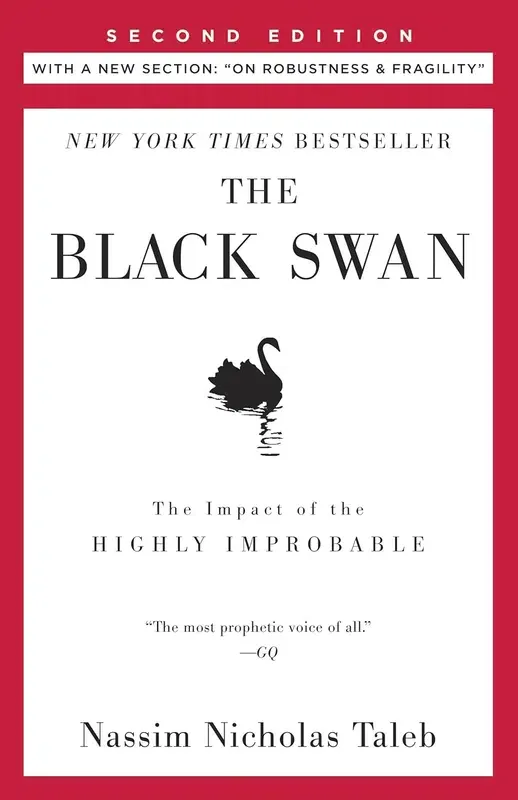
Waking Up by Sam Harris
Waking Up: A Guide to Spirituality Without Religion is a 2014 book by Sam Harris that discusses a wide range …
This link opens in a pop-up window

Waking Up: A Guide to Spirituality Without Religion is a 2014 book by Sam Harris that discusses a wide range …
This was very informative for me at the beginning when author unveils the powerlaw. The second half was less informative but was an enjoyable exercise of extrapolation that both helps to fixate concepts and flexibilise notions we already have. Overall a good pop science book

Harry August is on his deathbed. Again. No matter what he does or the decisions he makes, when death comes, …

Blockchain Radicals uncovers the radical political potential of the blockchain, showing how it can be used by the left in …

José Mauro de Vasconcelos: Rosinha, minha canoa (Portuguese language, 1963, Edições Melhoramentos)
Livro sobre o que se deve saber sobre respeito aos bons com a espécie e outras.

The most influential book of the past seventy-five years: a groundbreaking exploration of everything we know about what we don’t …

For thirty years, Peter Singer's Practical Ethics has been the classic introduction to applied ethics. For this third edition, the …
The book gives some interesting actionable insights about decision making but it's mostly for non technical audience because it explains some algorithmic concepts with common use language.
The book gives some interesting actionable insights about decision making but it's mostly for non technical audience because it explains some algorithmic concepts with common use language.
I accept the premise that Singer uses to discuss most of the ethics issues presented in the book just like the implications of it. That said, while reading the book I realized that it could be possible that game theory consideration could have drastic implications in how we should interpret the "equality of consideration of interests" which is an utilitarian principle that drives decisions by maximization of a quantity. Whether this quantity is defined or not it out of the scope of this comment, yet I can say that in many scenarios of intelligent agents iterating the boundaries of the optimization differ a lot. The proportion of agents with specific strategies is also a parameter that is hard to measure but the difference that it causes implicates that the utilitarians' ethical principle of equal consideration of interests might be analysed from two perspectives. First, the perspective of a single agent …
I accept the premise that Singer uses to discuss most of the ethics issues presented in the book just like the implications of it. That said, while reading the book I realized that it could be possible that game theory consideration could have drastic implications in how we should interpret the "equality of consideration of interests" which is an utilitarian principle that drives decisions by maximization of a quantity. Whether this quantity is defined or not it out of the scope of this comment, yet I can say that in many scenarios of intelligent agents iterating the boundaries of the optimization differ a lot. The proportion of agents with specific strategies is also a parameter that is hard to measure but the difference that it causes implicates that the utilitarians' ethical principle of equal consideration of interests might be analysed from two perspectives. First, the perspective of a single agent on a given environment and configuration of population. Second, a societal perspective of what would be the best strategy if all agents would implement the same strategy. This insight will certainly make me dive deeper on both, ethics and game theory for policy making.